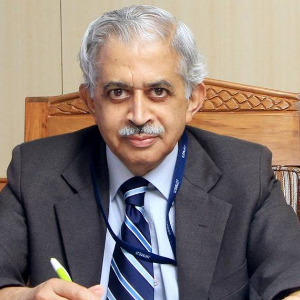Title : Therapeutic hypothermia for perinatal asphyxia
Abstract:
Hypoxic ischemic encephalopathy (HIE) accounts for 30% of neonatal deaths in developing countries and 30% of babies with HIE develop disability. HIE is diagnosed with the following criteria; APGAR score is < 6/10 at 5, cord blood pH < 7 or base deficit > 12m.mol/L, presence of neurological abnormality with organ dysfunction. A fetus/ neonate with primary energy failure may recover but those with secondary energy failure will have varying degree of neurological abnormality. The treatment of asphyxia and resulting HIE was mainly supportive and symptomatic till therapeutic hypothermia was introduced. During therapeutic hypothermia, the HIE infant is maintained at core body temperature of 33-34*C for 72 hrs and gradually rewarmed to normothermia during the next 6-8 hrs. Therapeutic hypothermia reduces morality and morbidity related to perinatal asphyxia as shown in several randomized controlled trials. The trials conducted in our centre on therapeutic hypothermia in reducing oxidative stress, DNA damage, improving renal and myocardial function with better long term neurodevelopmental outcome at 18 months of age will be discussed. Although therapeutic hypothermia improves the outcome in HIE infants, our aim should be to reduce the occurrence of perinatal asphyxia by good antenatal care, early referral and good perinatal care.
Nursing care during initiation and maintenance phase of cooling and later rewarming is extremely important for better outcome.
Audience Take Away Notes:
- Selection of cases for therapeutic hypothermia, careful monitoring during procedure, early identification of complications with appropriate treatment and proper follow up will improve the outcome among infants who sustained asphyxia.
- The role of nurses in the whole process is very important.



